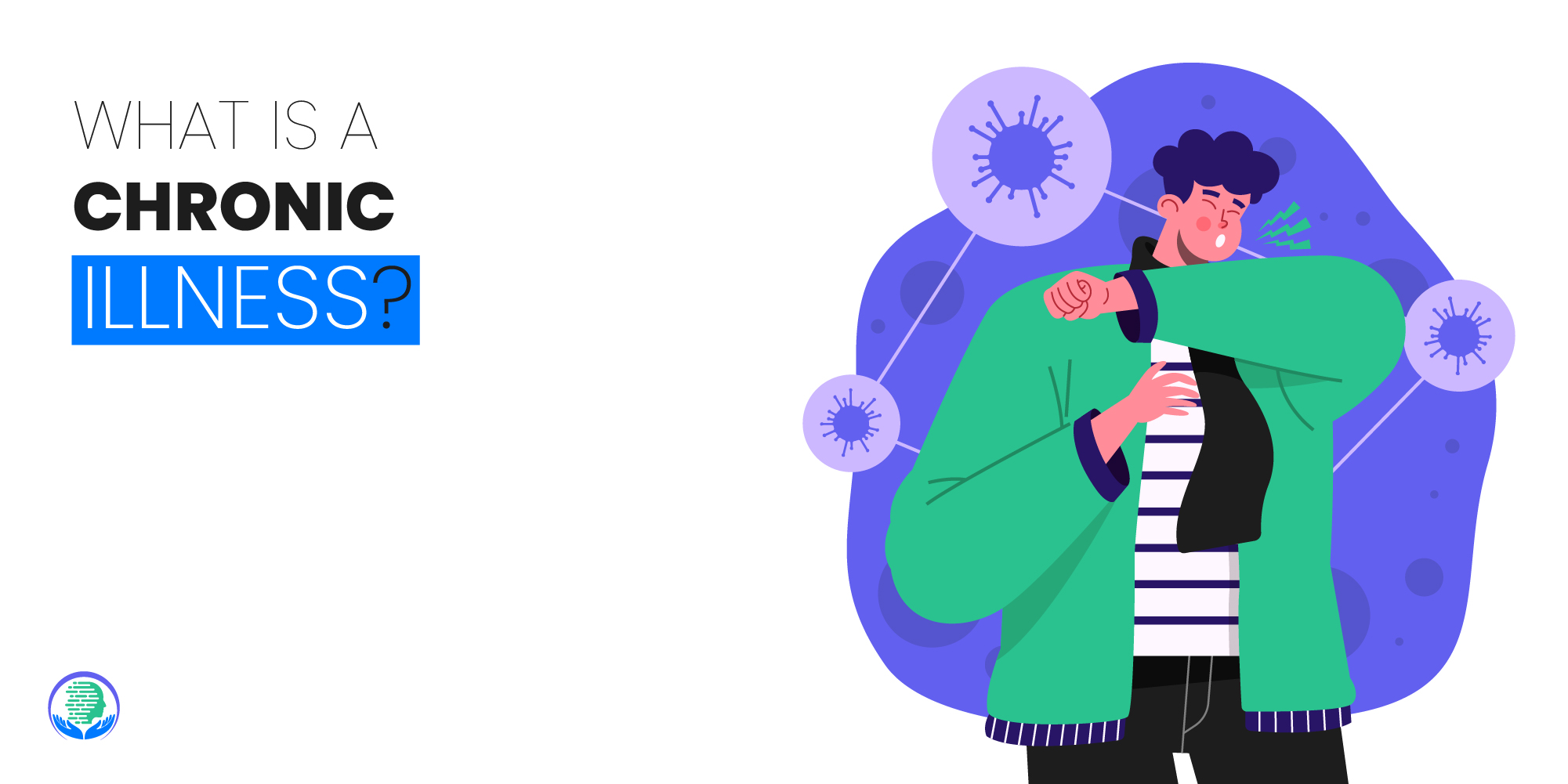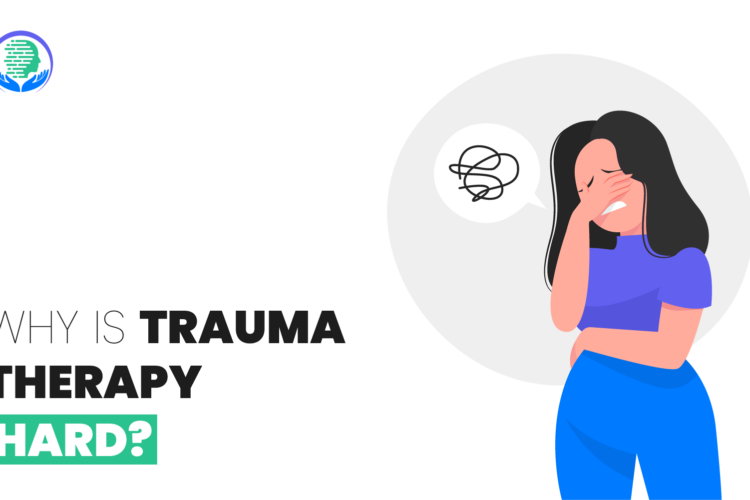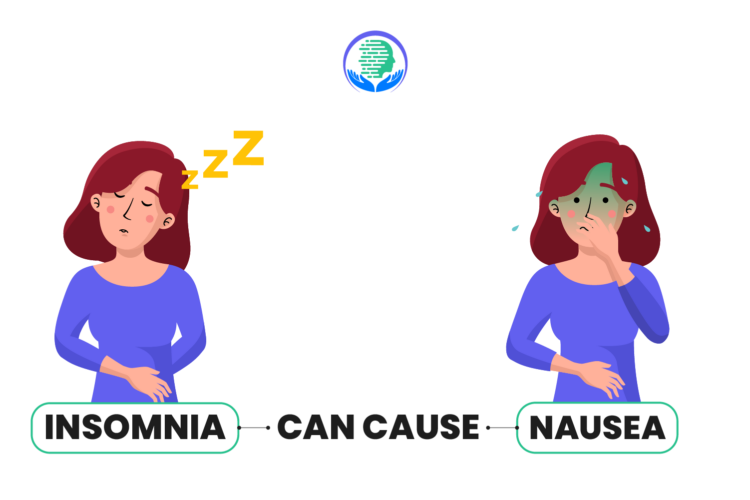
Chronic illness is a long-lasting disease that carries on with the patient, often for a year or more.
You may also require constant medical care and challenges doing the usual things more often.
An individual counselor or a support group can aid you in dealing with the trauma, aching, and fatigue that may accompany a chronic illness.
Signs that you are less able to achieve include disturbed sleep, anxiety, body aches, and irritability.
It is best to seek help early rather than it get worse over time.
Zion Healthcare Services aims to provide the best solution for a worry-free life.
Characteristics of A Chronic Illness
Chronic illnesses are frequently marked by:
- Long-term duration.
- Persistent symptoms.
- Disability or functional impairment.
- Limiting one’s daily performance.
Some chronic illnesses do not heal on their own and are usually not cured completely.
Some can be directly life-threatening, such as stroke and heart attack.
Others, such as diabetes, remain over time and need thorough management.
Most chronic illnesses continue throughout an individual’s life. To get more support and information, contact us today.
Symptoms of Chronic Disease

Common symptoms of chronic illness include:
- Depressed mood.
- Weight loss or weight gain.
- Sleep disturbances.
- Problems with concentration.
- Lack of interest.
- Feelings of guilt.
- Fatigue.
- Thoughts of death.
Causes of Chronic Disease
Some of the common causes of chronic illness include:
- Age.
- Genes.
- Smoking.
- Exposure to pollution.
- Diets low in fruits and vegetables and high in sodium.
- Lack of regular physical activity.
- Consuming alcohol in excess.
Common Chronic Illnesses
Chronic illness examples include:
- Hypertension.
- Asthma.
- Diabetes.
- Arthritis.
- Osteoporosis.
Significant Chronic Illnesses
While many illnesses can be measured as chronic, 12 significant chronic situations are a substantial burden in terms of sickness and mortality.
- Cancer.
- Heart diseases.
- Stroke.
- Multiple sclerosis.
- Chronic respiratory diseases.
- Depression.
- Lupus.
- Crohn’s disease.
- Epilepsy.
- HIV/AIDS.
- Cystic fibrosis.
- Alzheimer’s disease and other dementias.
What Are Some Effects of a Chronic Illness?
Chronic illnesses have disease-specific signs but may also cause invisible symptoms such as:
- Pain.
- Fatigue.
- Mood disorders.
Pain and fatigue may become an everyday part of your life.
Along with your illness, you might have some positive things to do to take care of yourself, like exercising or taking medicine.
Continuing with your health management tasks might also cause anxiety.
Physical Effects
Physical changes from a disease may affect your presence.
These variations can turn a confident self-image into a poor one.
When you don’t feel upright about yourself, you may withdraw from friends, family, and social events.
Mood disorders such as anxiety and depression are common among people with chronic conditions.
Other Effects
Chronic illness can also affect your capability to work.
You might have to change how you work to handle morning stiffness, physical confines, and decreased range of motion.
If you aren’t able to work, you might have financial difficulties.
Additional Resources:
How to Prevent Chronic Disease?
Chronic illness can bring on attacks of depression and anxiety, which, in turn, can cause a deprived physical illness that inhibits the effective treatment of the chronic disorder.
The following are some tips to support you in better managing a chronic illness:
- Learn how to cope with the physical effects of the disease.
- Learn how to manage the treatments.
- Make sure there is clear communication with your mental health professional.
- Try to continue emotional balance to handle undesirable spirits.
- Try to uphold self-confidence and an optimistic self-image.
- Get assistance as soon as signs of depression appear.
The Bottom Line
Some people in your life want to help you take care of yourself.
If you have a chronic disease, you may find yourself experiencing higher stages of anxiety.
There are ways to manage the anxieties of everyday life.
Ensure you consult your healthcare provider for instructions about stress management in the context of chronic illness.
To get better treatment, visit us at Zion Healthcare Services PLLC.
FAQs
What qualifies as a chronic illness?
A disease or disorder lasts three months or longer and may worsen.
Chronic diseases tend to happen in older adults and can regularly be controlled but not cured.
How do I know if my illness is chronic?
Chronic illnesses are mainly caused by:
- Complex causes.
- Many risk factors.
- Long latency periods.
- A long illness.
- Functional impairment.
Can a person with chronic illness be healthy?
Chronic conditions are most frequent in the United States, affecting 6 in 10 adults.
Nonetheless, even if you have a chronic condition like high blood pressure, arthritis, or diabetes, you can take steps to feel healthy and avoid difficulties.
Is anxiety considered a chronic illness?
While anxiety is naturally known as a mental health disorder, when it continues for a lengthy period, it can be classified as a chronic illness.


